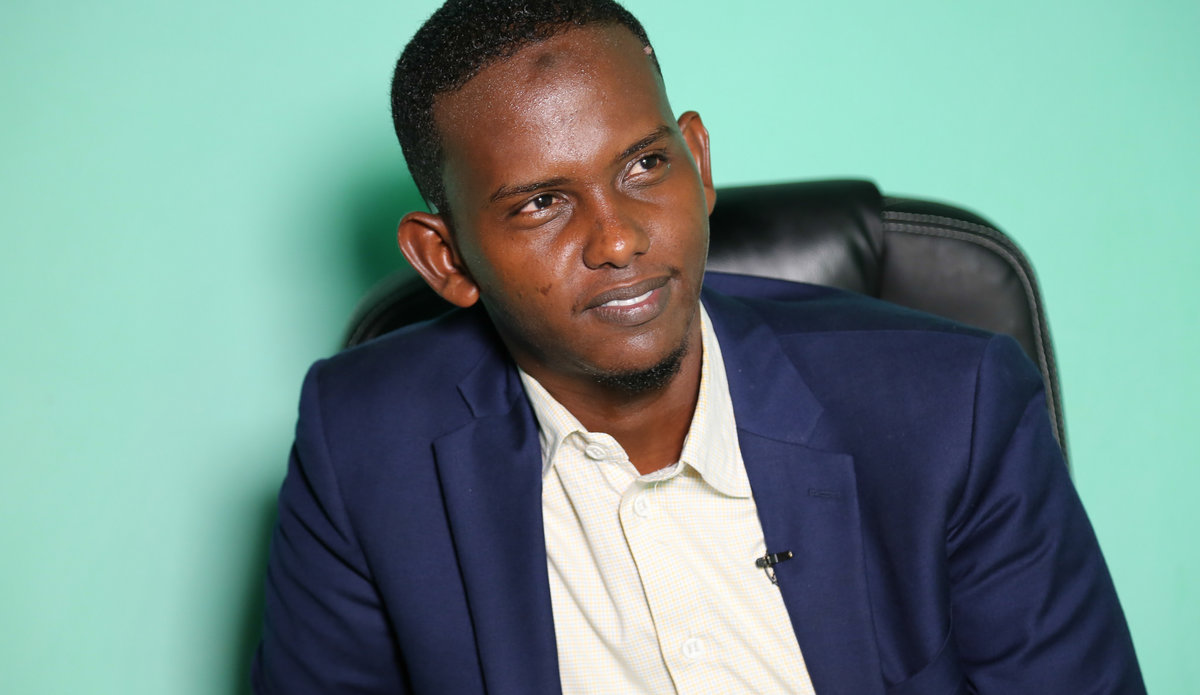Young government administrator driving the youth political agenda in Kismaayo
Kismaayo - “The reason behind my political campaigns is to create change,” says Ayaanle Sheikh Hussein. “I believe that Somalia will reap the benefits of positive change, if young people are empowered and hold decision-making positions.”
Ayaanle Sheikh Hussein, 28, is a young government official, one of the driving forces for the youth political agenda in Kismaayo, the administrative capital of Jubbaland state.
Ayaanle currently works for the Jubbaland state administration as Director General of the Ministry of Health, a role that he has assumed with a sense of discipline, and which has improved his understanding of how government affairs are managed.
This week, as the country marks Somali Youth Day on the 74th anniversary of the founding of the Somali Youth League, Ayaanle is positive about the future. His optimism is shared by many Somalis of his generation, and stems from the recent political developments in the country.
Ayaanle spearheads programmes that encourage robust participation of Jubbaland youth in politics. Somalis between the ages of 10 and 35 account for 51 per cent of the country’s population, according to recent data from the United Nations Population Fund.
“If youths become leaders, they will champion good governance. They are an important part of society with energy to make things happen,” he says.
“I believe that I have a clean mind that can lead to change, and that is the reason that inspires me to be a leader.”
He is a firm believer in the ability of young Somalis to promote good governance, restore stability and end decades of conflict.
“They can be commanders in the forces, with a vision to stabilize this country,” Ayaanle states.
“If more youth are given an opportunity to join the cabinet, I believe the country will be in a better place than today,” he concludes.
The United Nations recognizes youth as important partners and not passive beneficiaries of the organization’s initiatives.
 UN
UN





